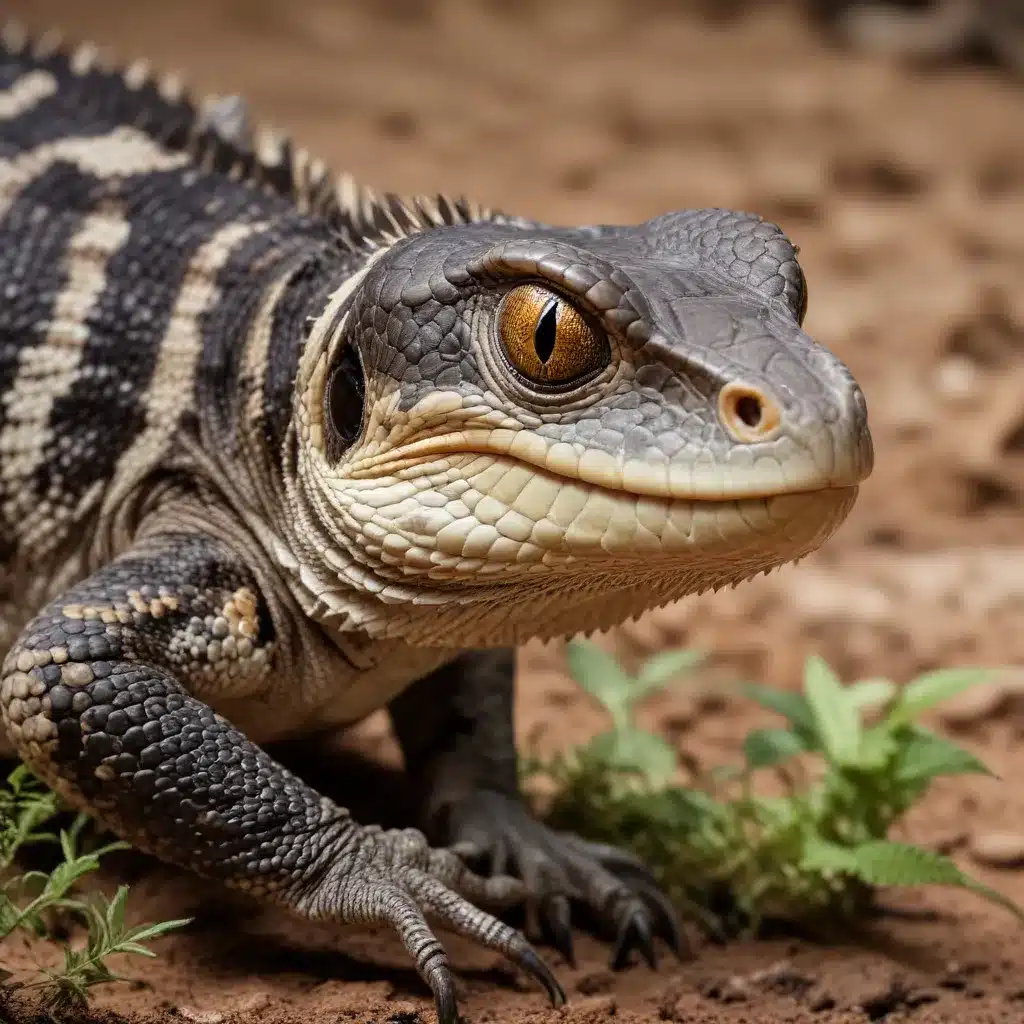
In the captivating realm of exotic reptiles, meeting the dietary requirements of predatory species is a crucial aspect of responsible pet ownership and successful breeding programs. These carnivorous reptiles, with their diverse hunting instincts and specialized digestive systems, demand a meticulous approach to nutrition to ensure their health, longevity, and overall well-being.
Uncovering the Nutritional Needs of Predatory Reptiles
Reptiles, as ectothermic (cold-blooded) animals, have unique metabolic and nutritional requirements that set them apart from their mammalian counterparts. Understanding the intricacies of their dietary needs is essential for providing them with the necessary sustenance to thrive in captivity.
Prey Selection and Preparation
Predatory reptiles, such as snakes, crocodilians, and carnivorous lizards, rely on a varied diet of live or pre-killed prey to meet their nutritional requirements. The selection and preparation of these food items play a crucial role in ensuring a balanced and complete diet.
When it comes to prey selection, reptile enthusiasts must consider factors such as the size, species, and nutritional profile of the feeder animals. For example, a large snake may require rodents or other small mammals, while a monitor lizard may thrive on a diet of birds, eggs, and insects. Careful consideration must be given to the calcium-to-phosphorus ratio, as an imbalance can lead to metabolic bone diseases in captive reptiles.
Proper prey preparation is also essential. Feeder animals should be humanely euthanized and handled with care to maintain their nutritional value. In some cases, pre-killed and appropriately sized prey may be the preferred option, as it eliminates the risk of injury to the reptile during feeding.
Nutrient Composition and Supplementation
Reptiles have unique dietary requirements that differ from those of warm-blooded animals. Their diets must be tailored to provide the appropriate balance of proteins, fats, carbohydrates, vitamins, and minerals. Malnutrition can lead to a host of health issues, including metabolic disorders, compromised immune function, and reduced reproductive success.
Experienced reptile keepers often rely on specialized reptile food formulations or supplement their prey items with calcium, phosphorus, and multivitamin supplements. These supplements help to ensure that the reptile’s dietary needs are met, promoting optimal growth, development, and overall health.
Breeding Strategies for Predatory Reptiles
Successful breeding of predatory reptiles in captivity requires a deep understanding of their reproductive biology and an unwavering commitment to providing the right environmental and nutritional conditions.
Establishing Appropriate Enclosures
The design and setup of the reptile’s enclosure play a crucial role in stimulating natural breeding behaviors. Factors such as temperature, humidity, lighting, and hiding spots must be carefully considered to mimic the reptile’s native habitat and encourage successful mating and egg-laying.
Breeding enclosures should offer ample space for the reptiles to move freely, as well as secure and comfortable nesting sites. The enclosure should also be equipped with appropriate substrate, water sources, and enrichment elements to promote natural behaviors and reduce stress.
Nutritional Support for Breeding
Proper nutrition is essential for successful reptile breeding. Breeding females require a diet that is higher in calcium, proteins, and other essential nutrients to support egg production and ensure the health of their offspring.
During the breeding season, reptile enthusiasts may need to adjust the diet of both males and females to optimize their reproductive potential. This may involve increasing the frequency of feedings, offering larger prey items, or supplementing the diet with specific vitamins and minerals.
Incubation and Hatchling Care
The incubation and care of reptile eggs are critical to the successful development of hatchlings. Proper temperature, humidity, and substrate management are essential to ensure the eggs hatch and the hatchlings emerge healthy and ready to thrive.
After hatching, the care and feeding of the young reptiles require meticulous attention. Hatchlings may require specialized diets, smaller prey items, and close monitoring to ensure their growth and well-being.
Legal Considerations for Exotic Reptile Ownership and Sales
The ownership and sale of exotic reptiles are subject to a complex web of legal regulations that vary by location. Responsible reptile enthusiasts and breeders must familiarize themselves with the relevant laws and guidelines to ensure they are in full compliance.
Licensing and Permit Requirements
In many regions, the possession and sale of certain exotic reptile species require specialized licenses or permits. These requirements are often designed to ensure the responsible and ethical handling of these animals, as well as to protect local ecosystems from potential invasive species.
Reptile owners and breeders must thoroughly research the applicable laws and regulations in their area, and obtain the necessary permits or licenses before engaging in the acquisition, breeding, or sale of exotic reptiles.
Health and Welfare Regulations
Governing bodies may also impose regulations related to the health and welfare of exotic reptiles. These may include requirements for veterinary check-ups, vaccination protocols, and the proper housing and handling of the animals.
Compliance with these regulations is crucial not only for the well-being of the reptiles but also to avoid legal consequences for the owners and breeders. Responsible reptile enthusiasts must prioritize the health and safety of their animals and ensure they are meeting all applicable welfare standards.
Sustainable and Ethical Practices
As the demand for exotic reptiles continues to grow, it is essential that reptile enthusiasts and breeders adopt sustainable and ethical practices. This may involve sourcing reptiles from reputable breeders, avoiding the exploitation of wild populations, and ensuring the humane treatment of animals throughout their lifespan.
By adhering to legal requirements and upholding the highest standards of care and ethics, reptile enthusiasts can contribute to the responsible and sustainable ownership and trade of these fascinating creatures.
Navigating the intricate world of predatory reptile care, breeding, and legal compliance requires a deep understanding of their unique nutritional needs, specialized breeding techniques, and the relevant regulations. By embracing a comprehensive and responsible approach, reptile enthusiasts can cultivate thriving captive populations, while ensuring the well-being of these remarkable animals and the integrity of the exotic reptile industry.
To learn more about the latest trends, cutting-edge techniques, and reputable sources for exotic reptiles, be sure to visit exoticreptilesforsale.com.

